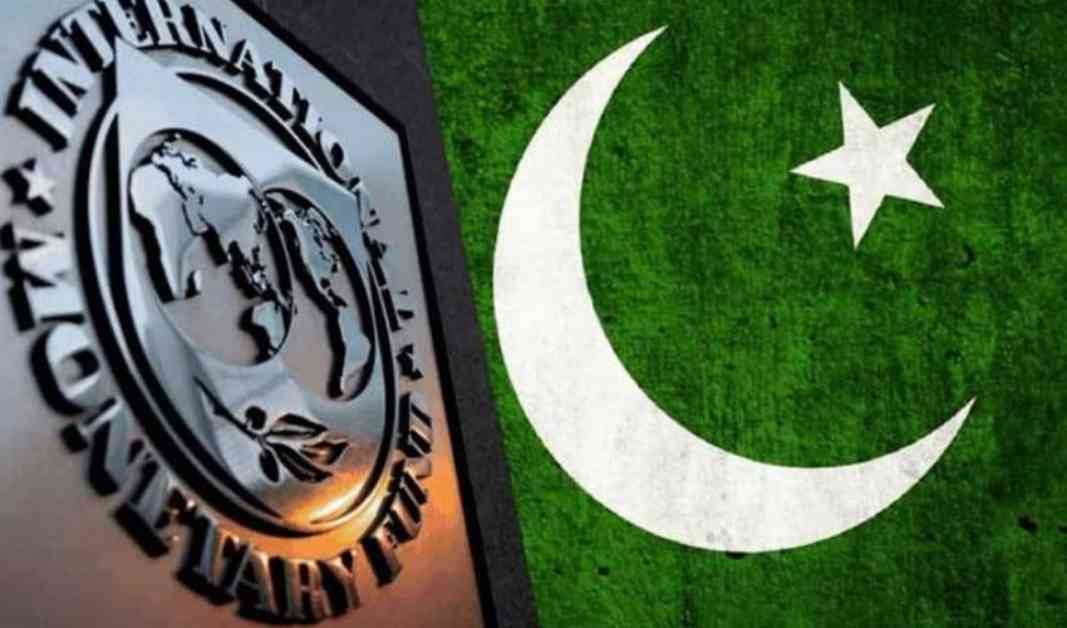The International Monetary Fund (IMF) has expressed satisfaction with Pakistan’s economic measures, signaling that no mini-budget is expected before the end of June. As reported by Express News, the final day of negotiations between Pakistan and the IMF is set to conclude today after a series of technical sessions and policy-level discussions.
IMF Delegation’s Visit and Discussions
Today’s agenda includes a crucial meeting between the IMF delegation and Finance Minister Ishaq Dar, who will be hosting an iftar dinner in honor of the visiting team. Following the talks, the IMF will prepare an assessment report detailing Pakistan’s progress, which will then be submitted to the Executive Board for a decision on releasing the next $1 billion tranche of financial assistance to Pakistan.
During the negotiations, both parties will review Pakistan’s budgetary targets, assess the current fiscal year’s performance, address tax shortfalls, and establish new tax goals. The IMF has emphasized the importance of removing tax exemptions on luxury items such as electric vehicles and solar panels, arguing that these benefits primarily favor the affluent.
Challenges and Recommendations from the IMF
Pakistan has diligently engaged in extensive discussions with the IMF, meeting most of the institution’s targets and providing comprehensive economic data. However, the IMF has urged the elimination of tax breaks on electric vehicle parts and emphasized the importance of strict fiscal discipline to bolster economic stability.
The global lender’s call for stricter enforcement of tax laws comes as Pakistan seeks to address the outward flow of capital by aligning its tax rates with those of neighboring countries. While the IMF has commended Pakistan’s progress in implementing economic reforms, concerns remain regarding the taxation of retailers, real estate dealers, and the pace of privatization.
Looking Ahead
As the negotiations draw to a close, the IMF delegation is expected to depart, with the final agreements shaping Pakistan’s economic trajectory with support from the global lender. The IMF has underscored the need for sustainable economic growth, cautioning against rapid shifts that could lead to heightened fiscal and current account deficits.
In summary, Pakistan’s ongoing discussions with the IMF signal a pivotal phase in the country’s economic reform efforts. By addressing key issues such as tax exemptions, fiscal discipline, and growth sustainability, Pakistan aims to secure vital financial assistance while laying the groundwork for long-term economic stability.









